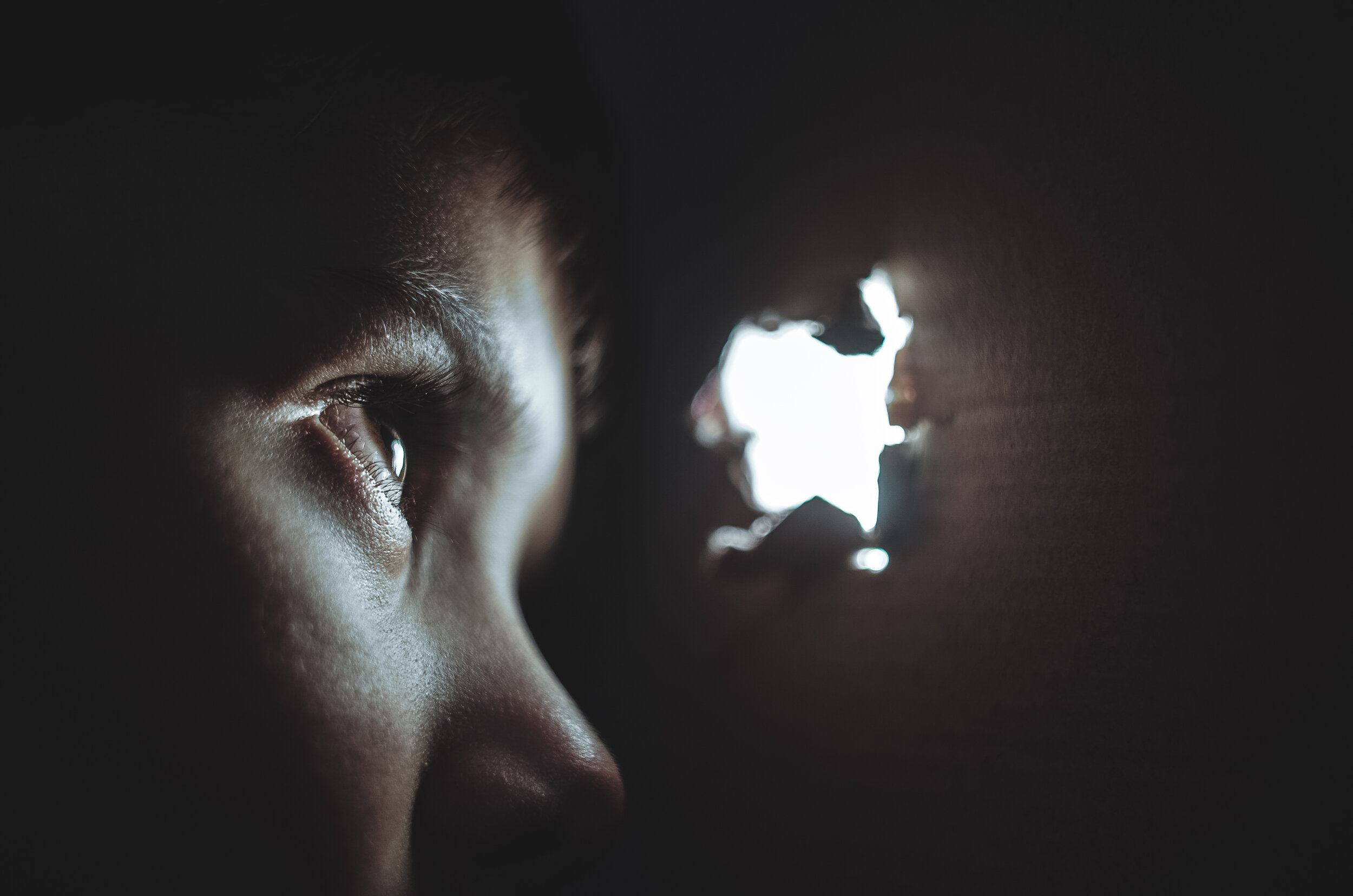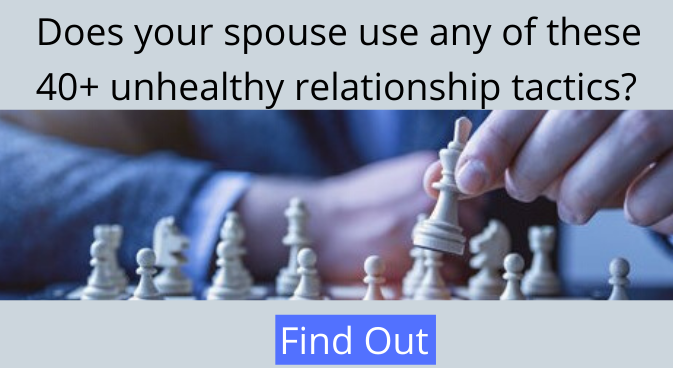Why We Shouldn't Stop Using the Term Victim
There’s a movement among those who advocate for victims of domestic abuse to not use the term “victim.” They prefer to use the word “survivor” to put the focus on the strength rather than on the implied weakness. And while I wouldn’t stop using the term “survivor,” I would challenge the thinking that we shouldn’t refer to people as victims. And here’s why.
1. The term “victim” calls it like it is
Using that term makes it clear to the public that someone was (or is being) violated and overpowered through no fault of their own. It’s important for people to understand that the person who is being hurt is powerless, is being victimized, and needs help.
2. The term “survivor” can result in someone minimizing the impact of the abuse
When someone says they are a survivor, it might put in the past what happened and minimize the permanent impact of the abuse – impact that often leads “survivors” into another unhealthy relationship that they have to “survive.”
It can also give the impression that, if they were strong enough to survive, they had not been powerless during the abuse. Yet, if they hadn’t been powerless, the abuse would not have occurred. The abuse stops when victims gain power.
3. Calling someone a victim doesn’t make them a victim
It’s wrongly assumed that calling someone a victim will give them a victim mentality. Someone with a victim mentality says “there’s nothing I can do about it” and blames others for their predicament. But rarely does a victim of abuse blame their abuser or feel like there is nothing they can do about it. On the contrary, they often feel like they hold the power to influence the relationship and that they have the power to make their abuser happy or angry. Not that it’s accurate to say that the blame falls on them – it doesn’t – but that it’s accurate to say that victims are often strong and do not feel powerless.
Here’s why it’s good to use the term “victim”
1. It puts the blame where it belongs
The person who is being abused IS the victim of someone’s selfishness, control, and bondage. That person deserves to be blamed for what they are doing. They are victimizing someone who is powerless to stop them (until they’re not).
2. It keeps healing top-of-mind
When someone refers to themselves as a victim, it keeps them aware of how they were treated and helps them recognize when they are being re-victimized (for example, when someone suggests to them that they should have done something differently).
It’s a very important part of the process of healing to acknowledge the feelings that you had when you were being victimized so that you can recognize them when they occur again. These might be feelings of anger, resentment, helplessness, defeat, or indignation at someone’s ignorance about your situation or at their attempt to make you partially responsible in ways that you were not responsible.
Often, when those feelings recur as a result of something that triggers that unresolved trauma, we spiral quickly back down into emotional chaos, losing control of rational thought and doing or saying things that we know are not productive and could be potentially detrimental to us. [Get my workbook on how to heal from trauma]. And when you verbally vomit all over someone, you might feel better, but all you do is make a mess.
That’s why it’s extremely important to be able to recognize when you are being re-victimized and to call it what it is. That makes it something that you can work with. If you feel those feelings and focus too much on being a survivor, it’s more likely that you will dismiss or push away those feelings or, alternatively, that those feelings will put you in fight mode rather than healing mode.
There’s no shame in being a victim. Rather, there’s a sense of justice in the use of that word – a sense that someone did something to you through no fault of your own and that person deserves to be held responsible – and you deserve to be empowered. You did survive – and you will continue to thrive.
And chances are, you got out when you realized that…
hope isn’t found in our situation changing; it is found in our situation…
Follow Changing Us on Facebook
Articles by Category
- abuse
- accountability
- adult children
- adultery/pornography
- behavior
- better marriage
- boundaries
- children
- communication
- conflict
- control
- crazy ideas
- disagreeing
- divorce/separation
- enabling
- fear
- forgiveness
- guilt
- healing
- healthy marriage
- healthy relationships
- honesty
- honor
- laws
- leadership
- love
- marriage helpers
- mental health
- narcissism
- parenting
- pastor
- people pleasing
- repentance
- respect
- sex
- submission
- suffering
- wives
- working on yourself
- working together




